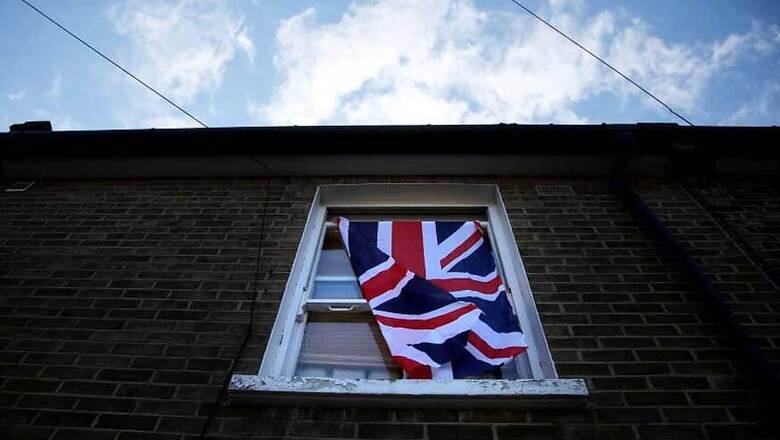
views
On the face of it, Prime Minister David Cameron did the honourable and graceful thing; he has resigned in the face of the referendum, offering to stay on at most until October, and “steadying the ship” in the meantime. Given the turmoil in the markets, that ship needs some steadying. As do others around the world rocked by the wake of this one.
He has in fact done the apparently honourable thing all along; first calling the referendum in the first place, in line with his election pledge. In a nation that was always seen as deeply divided over Europe, was it not right of course that the people should have their say, and not just some politicians over something as fundamental as this, only because they get elected once every four or five years, by a fairly small number of people.
But beneath decisions undoubtedly honourable, graceful and democratic lies a core of political forces that some say he unleashed, others that he was merely instrumental in allowing expression of.
First, that promise of a referendum. It was made when the newly formed United Kingdom Independence Party (UKIP), formed with the oath of pulling Britain out of the European Union, threatened to take over the core of Conservative Party leadership. It almost did, it won more than four million votes in the last general election, in a nation with an electorate of about 45,000 or so then. Cameron had to promise that core something, and he promised them a referendum, after moving to claw back further rights for Britain out of the EU.
One that middle-of-the-road policy failed, cataclysmically, Mr Cameron did the decent thing and resigned. But do note that he made a point of saying that he sincerely did believe that the safety, security and prosperity of Britain lay within the EU and not outside of it. That the boat was rocking following the referendum results was not his doing. He also offered a somewhat double-edged reassurance that visa rights, stay and movement of people, business arrangements, would not change for some time. He offered only temporary consolation amidst the upheaval, he was in no position to offer more.
The final thrust of his speech, though he didn’t put it that way (the British rarely say such things plainly) was that this rocking of the boat was not his doing, and he would not sit around to handle the consequences of such a catastrophe – and “catastrophe” he had said a Brexit would be for the United Kingdom. And so Mr Cameron will not be around very long to deal with the mess that has only just begun. That job will in all likelihood go to Boris Johnson, former mayor of London, and colourful leader of the Leave campaign. Boris Johnson would have quite a job on his hands.




















Comments
0 comment